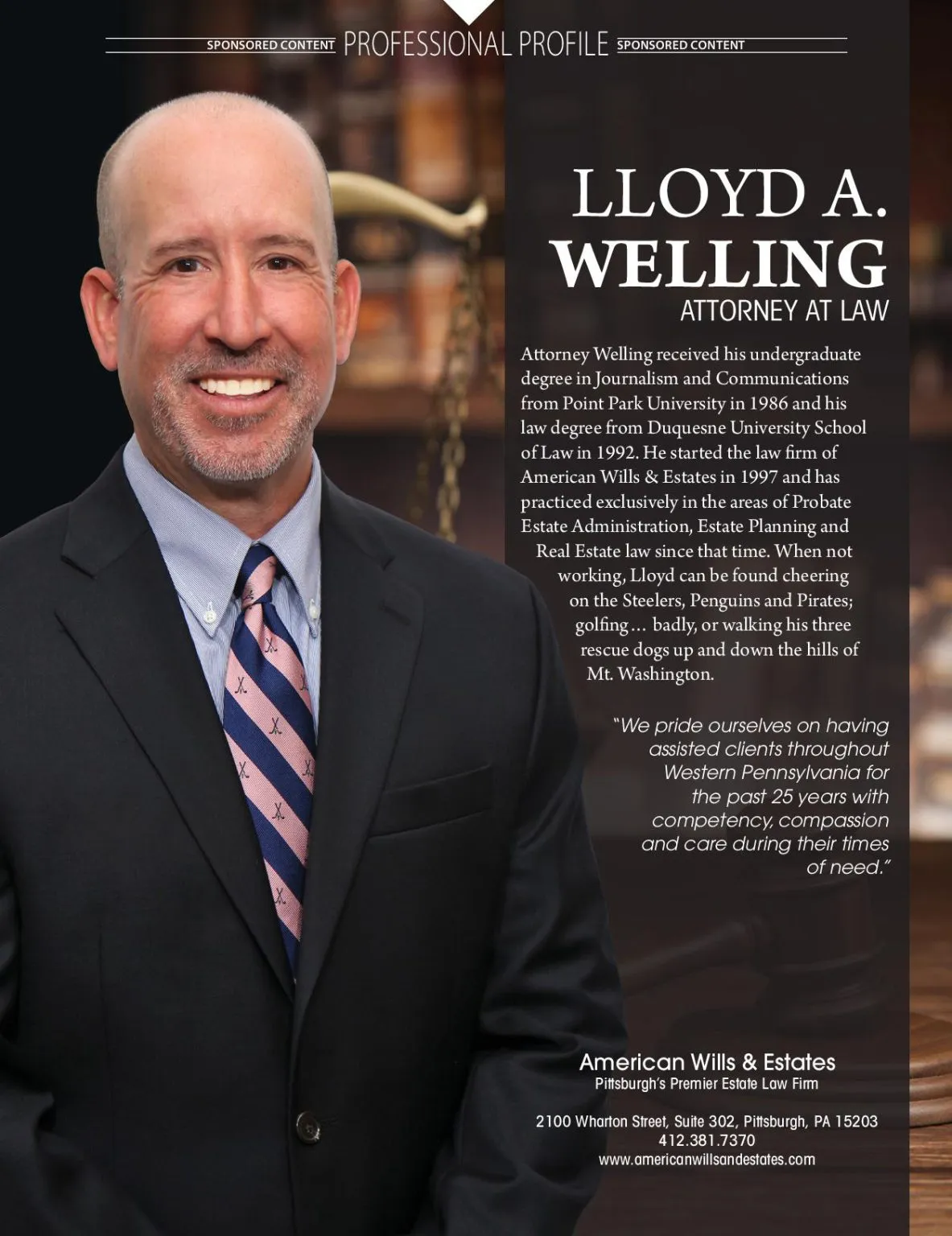If you’ve been paying attention, you probably already know that Congress passed a tax compromise that, to a large degree, has averted the so called fiscal cliff and makes permanent the federal estate tax with an exemption of $5.12 million/individual (indexed for inflation) and a flat tax rate of 40% for amounts over the exemption. Still, many folks will not be completely happy until the federal death tax has been permanently repealed.
If you’ve been paying attention, you probably already know that Congress passed a tax compromise that, to a large degree, has averted the so called fiscal cliff and makes permanent the federal estate tax with an exemption of $5.12 million/individual (indexed for inflation) and a flat tax rate of 40% for amounts over the exemption. Still, many folks will not be completely happy until the federal death tax has been permanently repealed.
However, the compromise that Congress has reached is certainly a far better option than what could have happened. Namely, the current exemption from federal estate taxes could have been rolled back to $1-million while increasing the maximum federal estate tax rate to 55% had Congress taken no action whatsoever. This would certainly appear to be a step in the right direction, but the real solution to our ever increasing deficit is still probably making spending cuts rather than unfairly taxing wealthy Americans who have already paid taxes throughout their lifetimes.
Among the highlights of the bill that Congress passed this month:
- Income tax rates: The bill extends decade-old tax cuts on incomes up to $400,000 for individuals, $450,000 for couples. Earnings above those amounts would be taxed at a rate of 39.6 percent, up from the current 35 percent. The bill also extends Clinton-era caps on itemized deductions and the phase-out of the personal exemption for individuals making more than $250,000 and couples earning more than $300,000;
- Estate tax: As stated above, estates would be taxed at a top rate of 40 percent, with the first $5 million in value exempted for individual estates and $10 million for married family estates. In 2012, such estates were subject to a top rate of 35 percent;
- Capital gains, dividends: Taxes on capital gains and dividend income exceeding $400,000 for individuals and $450,000 for families would increase from 15 percent to 20 percent;
- Alternative minimum tax: The bill permanently addresses the alternative minimum tax and indexes it for inflation to prevent nearly 30 million middle and upper-middle income taxpayers from being hit with higher tax bills averaging almost $3,000. The tax was originally designed to ensure that the wealthy did not avoid owing taxes by using loopholes;
- Other tax changes: The bill also extends for five years Obama-sought expansions of the child tax credit, the earned income tax credit, and an up-to-$2,500 tax credit for college tuition. Also extends for one year accelerated "bonus" depreciation of business investments in new property and equipment, a tax credit for research and development costs and a tax credit for renewable energy such as wind-generated electricity;
- Unemployment benefits: The bill extends jobless benefits for the long-term unemployed for one year;
- Cuts in Medicare reimbursements to doctors: The bill blocks a 27 percent cut in Medicare payments to doctors for one year. The cut is the product of an obsolete 1997 budget formula;
- Social Security payroll tax cut: The bill allows a 2-percentage point cut in the payroll tax first enacted two years ago to lapse, which restores the payroll tax to 6.2 percent; and
- Across-the-board cuts: The bill delays for two months $109 billion worth of across-the-board spending cuts set to start striking the Pentagon and domestic agencies this week. Cost of $24 billion is divided between spending cuts and new revenues from rule changes on converting traditional individual retirement accounts into Roth IRAs.
Perfect answers? Not at all. Gloom, doom and disaster? Probably not. The fiscal cliff just got a bit lower, but we hope Congress can still do better. In any event, if you’d like us to make sure that your current estate plan is in proper order, or if you are still procrastinating and haven’t yet put an estate plan in place, call us today to schedule your free legal consultation. We have been proudly protecting our clients with competency, compassion and care for over 15 years. Call us today.













